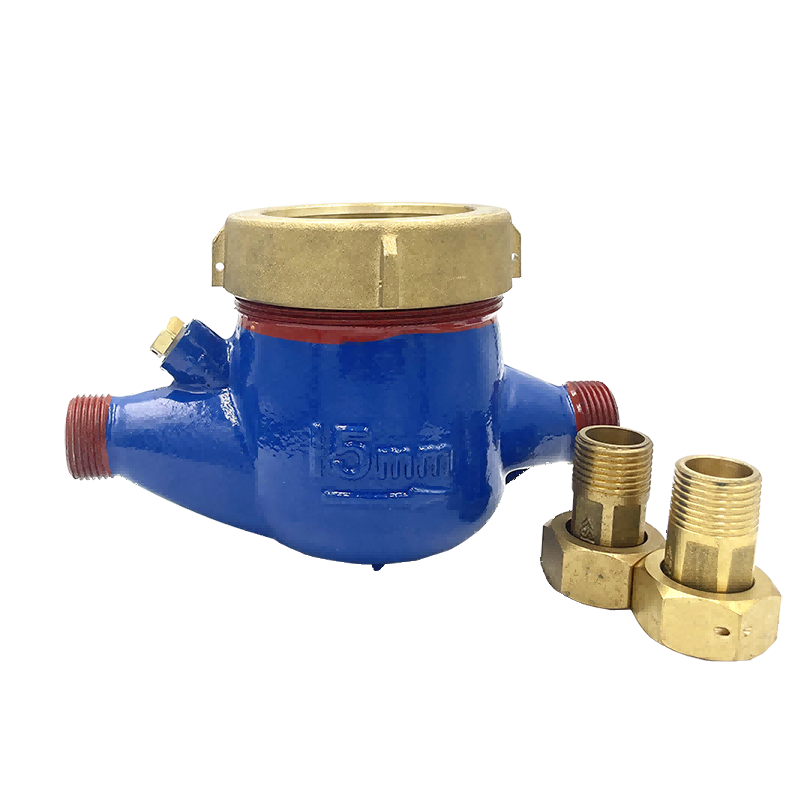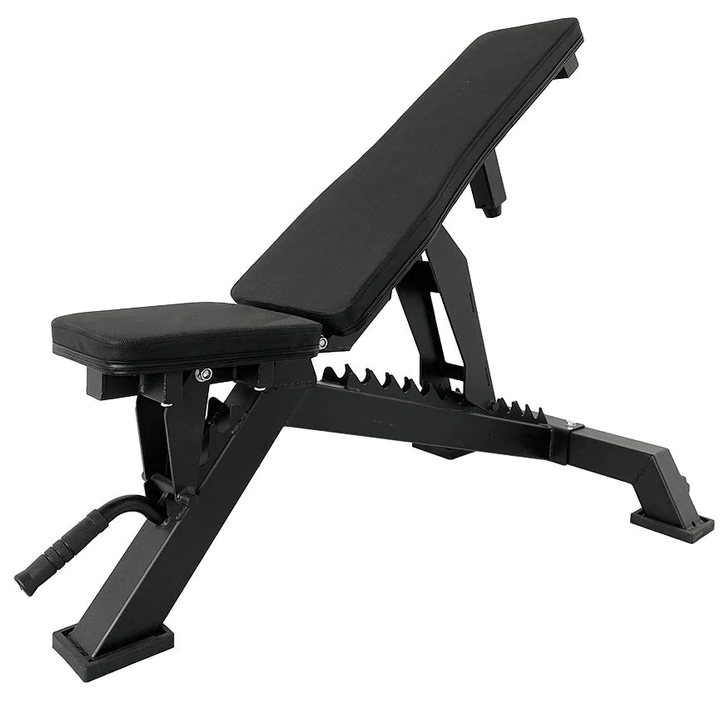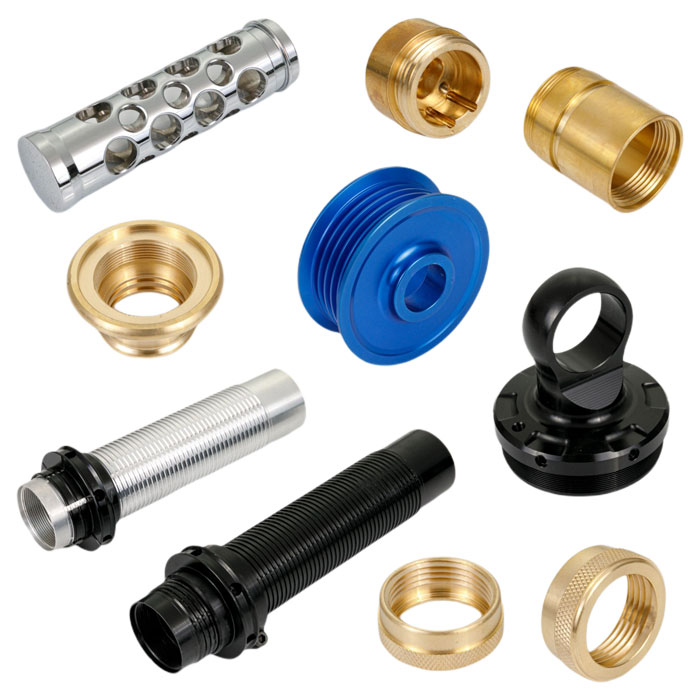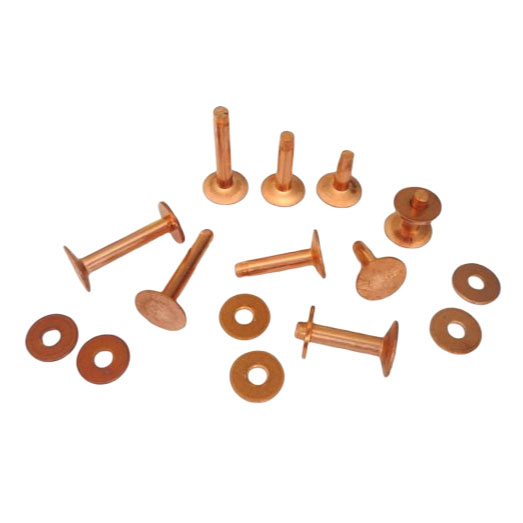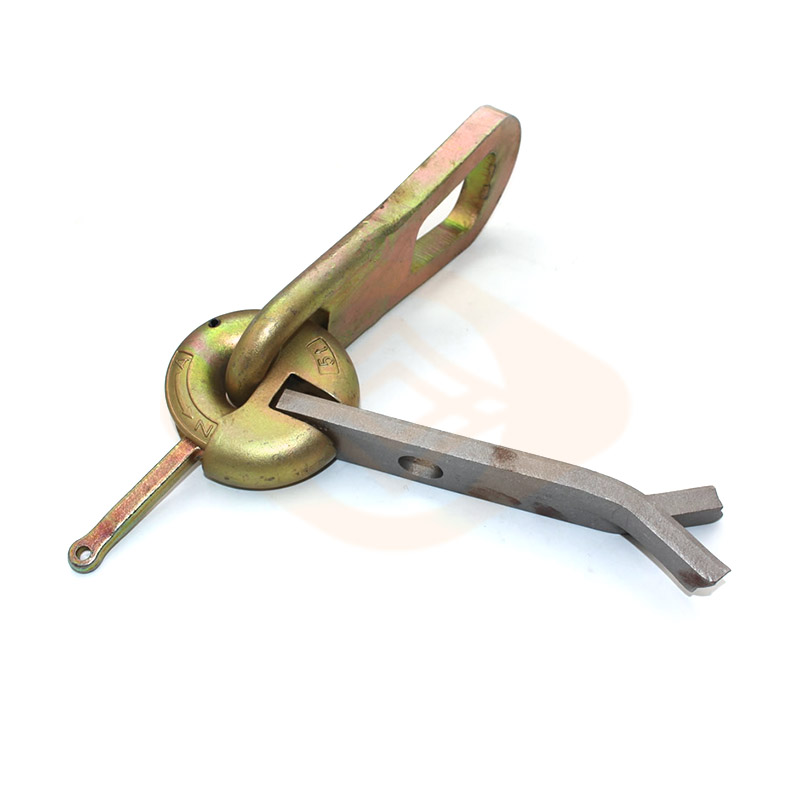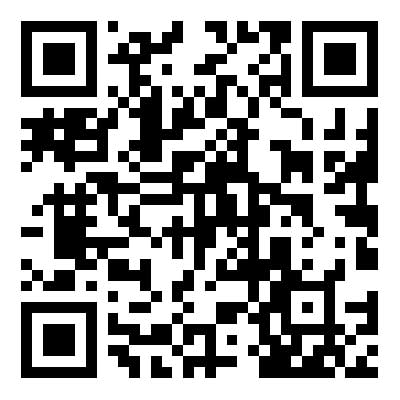Water Meters
Water meters are devices used to measure the volume of water consumed in residential, commercial, industrial, and municipal settings. These meters play a crucial role in billing, water conservation, and the efficient management of water resources. Here are some key points about water meters:1. Purpo......
Send Inquiry
Product Description
Water meters are devices used to measure the volume of water consumed in residential, commercial, industrial, and municipal settings. These meters play a crucial role in billing, water conservation, and the efficient management of water resources. Here are some key points about water meters:
1. Purpose:
- Billing: Water meters are primarily used to measure the amount of water consumed by a household or business, which is then used to calculate water utility bills.
- Conservation: By accurately measuring water usage, water meters encourage users to be mindful of their water consumption and promote water conservation efforts.
2. Types of Water Meters:
- Mechanical Meters: These traditional meters use mechanical components, such as gears and turbines, to measure water flow. They are often referred to as "analog" meters.
- Digital Meters: Digital or electronic water meters use sensors and electronic components to measure and transmit water consumption data.
- Smart Meters: Smart meters are digital meters that can communicate remotely with utility companies, providing real-time data and allowing for remote monitoring and meter reading.
3. Components:
- Flow Sensor: The core component that measures the flow of water through the meter.
- Register: Displays the total water usage in cubic meters, gallons, or other units.
- Transmission Device (for smart meters): Allows data to be transmitted wirelessly to the utility company.
4. Meter Installation:
- Water meters are typically installed in a building's water supply line, either inside or outside the premises.
- Installation must be done by qualified professionals to ensure accurate readings and compliance with local regulations.
5. Accuracy:
- Water meters must meet strict accuracy standards to ensure fair billing and proper conservation incentives.
- Periodic maintenance and calibration may be required to maintain accuracy.
6. Remote Reading:
- Smart meters have the capability to transmit consumption data remotely to the utility company. This eliminates the need for manual meter readings and provides real-time information to consumers and utilities.
7. Tamper Detection:
- Many water meters are designed with tamper-resistant features to prevent unauthorized access or tampering.
8. Applications:
- Residential: Water meters are installed in individual homes to measure domestic water consumption.
- Commercial and Industrial: Larger meters are used in commercial and industrial settings to measure higher water volumes.
- Municipal: Municipal water utilities use large water meters to monitor water consumption across their distribution networks.
9. Water Conservation:
- Water meters are a valuable tool in promoting water conservation by making users aware of their water usage and encouraging responsible consumption.
10. Billing: Water utility companies use the data from water meters to calculate monthly or quarterly water bills based on the volume of water consumed.
11. Leak Detection: Abnormally high water usage indicated by the meter can be a sign of leaks in the plumbing system, prompting users to investigate and address potential issues.
Water meters are essential in ensuring the fair distribution of water resources, promoting responsible water usage, and accurately billing customers for their water consumption. Advances in technology, such as smart meters, have made it easier for utilities and consumers to monitor and manage water usage more efficiently.



